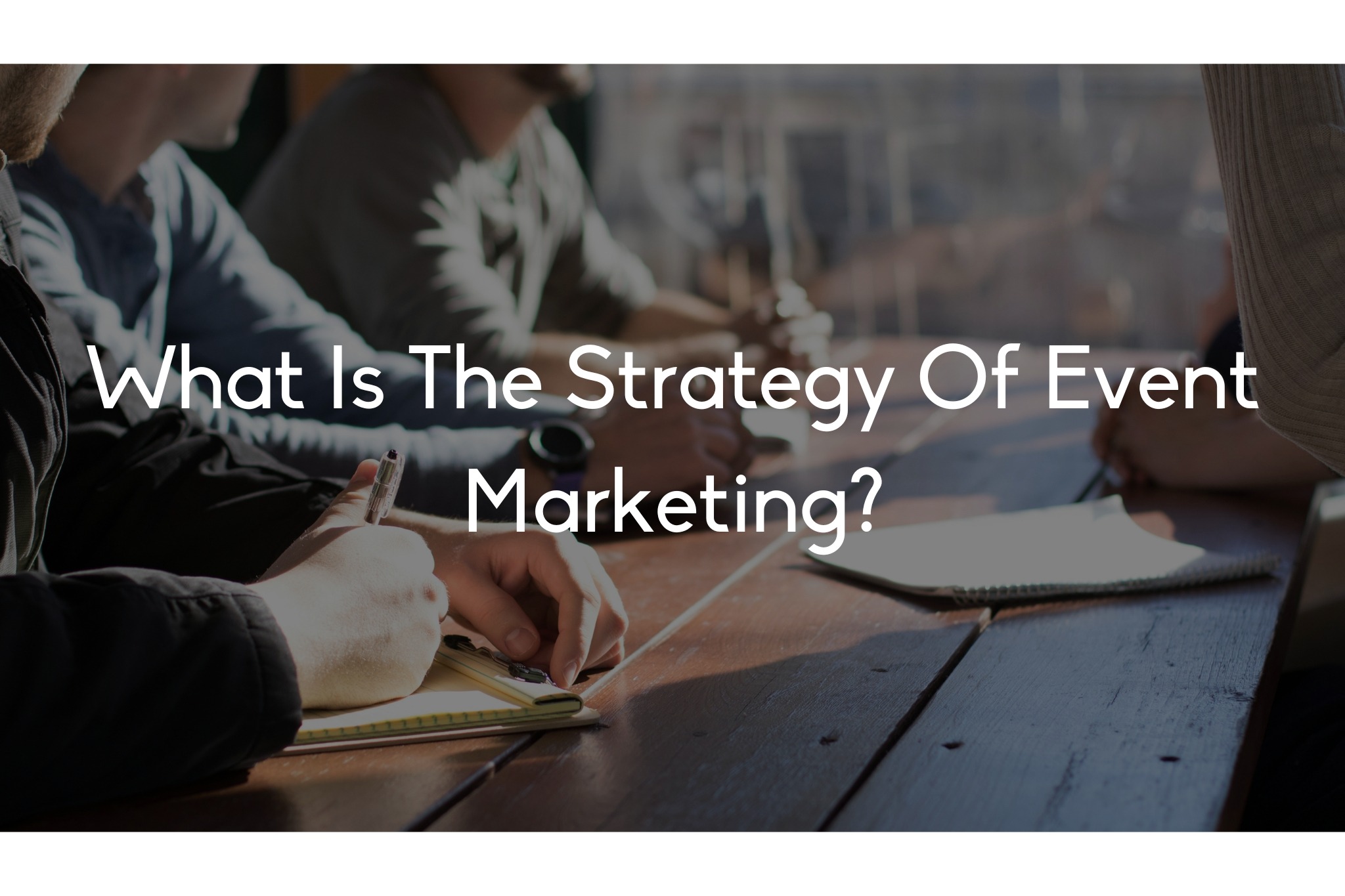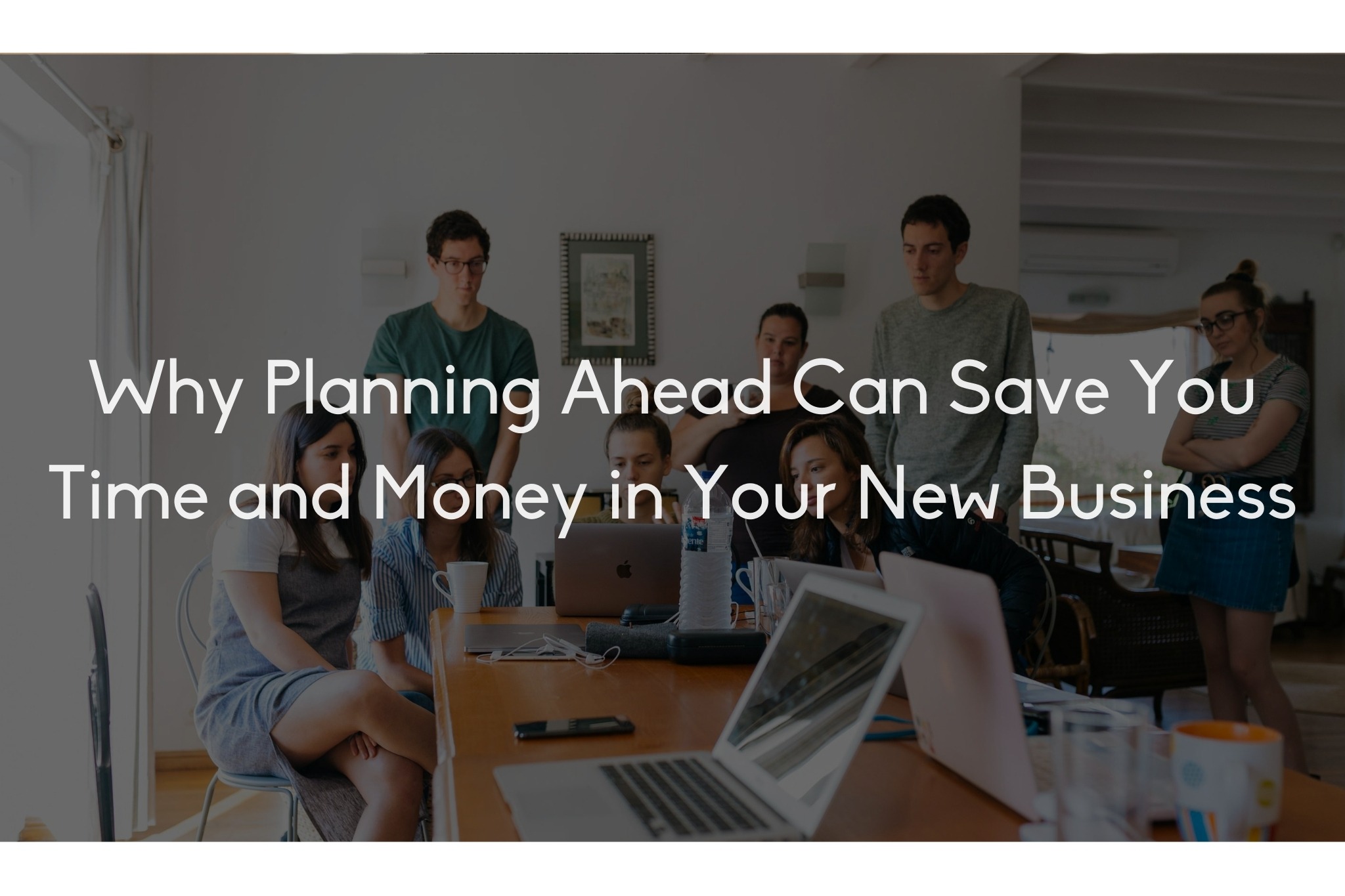
Imagine you’re planning a grand event—a product launch, a conference, or even a fundraiser. You’ve got the venue, the speakers, and the guest list, but what’s the secret sauce that ensures your event isn’t just a flash in the pan but a resonating success? Enter event marketing strategy—the game plan that turns your event from just another date on the calendar into a landmark occasion that people remember.
In essence, the strategy of event marketing revolves around creating meaningful connections between your brand and your audience through immersive, memorable experiences. It’s about crafting an event that not only attracts attendees but also aligns perfectly with your business goals, be it brand awareness, lead generation, or driving sales. Event marketing strategy isn’t just a series of steps; it’s an intentional approach to making your event a powerful tool in your overall marketing arsenal.
So, how do you actually build a strategy that works? How do you ensure that every detail, from the initial invite to the post-event follow-up, is designed to make an impact? Let’s break it down. We’ll dive into the key elements that make up a successful event marketing strategy, and by the end of this read, you’ll be equipped to turn your next event into an unforgettable experience that delivers real results.
Before you even think about themes, speakers, or venues, you need to be crystal clear on why you’re hosting this event in the first place. What do you want to achieve? Are you looking to increase brand awareness, generate leads, or launch a new product? Your objectives will guide every decision you make, from the type of event to the metrics you’ll track.
For example, if your goal is lead generation, your strategy might focus heavily on pre-event promotions and capturing attendee information. If it’s brand awareness, you’ll want to prioritize media coverage and social sharing.
An event is only as good as the people who attend it. Understanding your audience is pivotal to designing an event that resonates. Who are they? What are their pain points? What motivates them?
This isn’t just about demographics—though those are important—but also about psychographics. What kind of experience do they value? What are they likely to share on social media? Tailoring your event to fit the interests and needs of your audience ensures that they’ll find it engaging and worth their time.

Once you know who you’re talking to, the next step is figuring out what you want to say. Your event should tell a story, one that aligns with your brand message and resonates with your audience. This narrative will weave through every aspect of your event, from the invitation to the follow-up email.
Your message should be clear and consistent, but also compelling. It’s not enough to just tell people what your event is about—you need to give them a reason to care. What’s in it for them? How will attending your event solve their problems or enrich their lives?
How you promote your event is just as important as the event itself. The channels you choose—be it social media, email marketing, or even direct mail—should be where your audience lives.
If your target audience is professionals in a specific industry, LinkedIn might be your best bet. If you’re aiming at a younger crowd, Instagram or TikTok could be more effective. The key is to meet your audience where they are and engage them with content that gets them excited about your event.
The experience your event offers is where everything comes together. This isn’t just about logistics like venue and catering—though those are important—but about creating an atmosphere that reflects your brand and objectives.
Think about the journey you want your attendees to go on from the moment they walk in the door. What do you want them to feel? How do you want them to interact with your brand? This could mean anything from interactive booths and workshops to personalized swag bags and immersive technology.
Remember, the little details matter. Everything from the lighting to the music contributes to the overall experience and can leave a lasting impression on your attendees.
In today’s digital world, technology plays a critical role in event marketing strategy. Whether it’s using event management software to streamline planning, live streaming to reach a broader audience, or incorporating augmented reality for an interactive experience, tech can take your event to the next level.
Don’t forget about social media integration. Encouraging attendees to share their experiences online with a branded hashtag can amplify your event’s reach and create buzz long after it’s over.
The event doesn’t end when the last guest leaves. Measuring success is a crucial step in any event marketing strategy. Did you meet your objectives? What worked well, and what didn’t? Collecting and analyzing data—like attendance rates, social media engagement, and lead generation—will give you valuable insights for future events.
Following up with attendees is also essential. A thank-you email with a recap of the event or a survey to gather feedback can keep the conversation going and help build long-term relationships with your audience.
A well-crafted event marketing strategy is more than just a checklist; it’s a comprehensive approach to creating experiences that resonate with your audience and drive your business goals forward. By setting clear objectives, understanding your audience, crafting a compelling message, and leveraging the right channels and technology, you can design events that not only capture attention but also deliver real results. The key is in the details—every touchpoint matters, and every interaction should feel intentional. When done right, event marketing becomes a powerful tool that not only showcases your brand but also leaves a lasting impact on everyone who attends.
